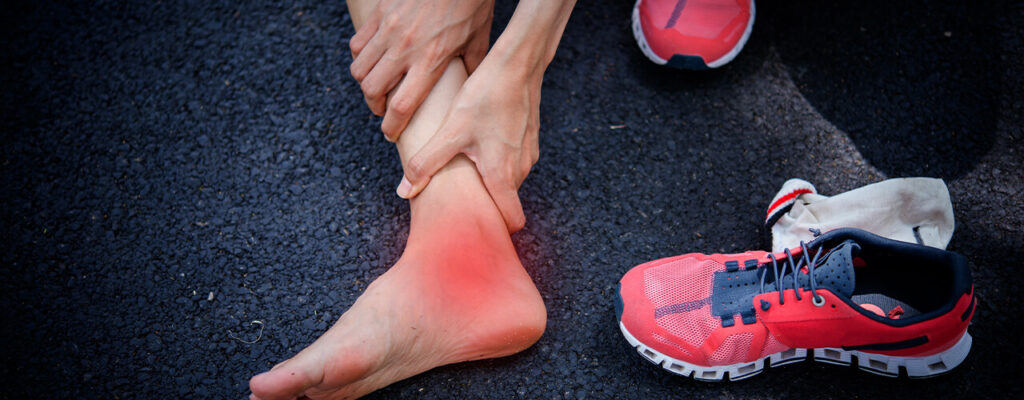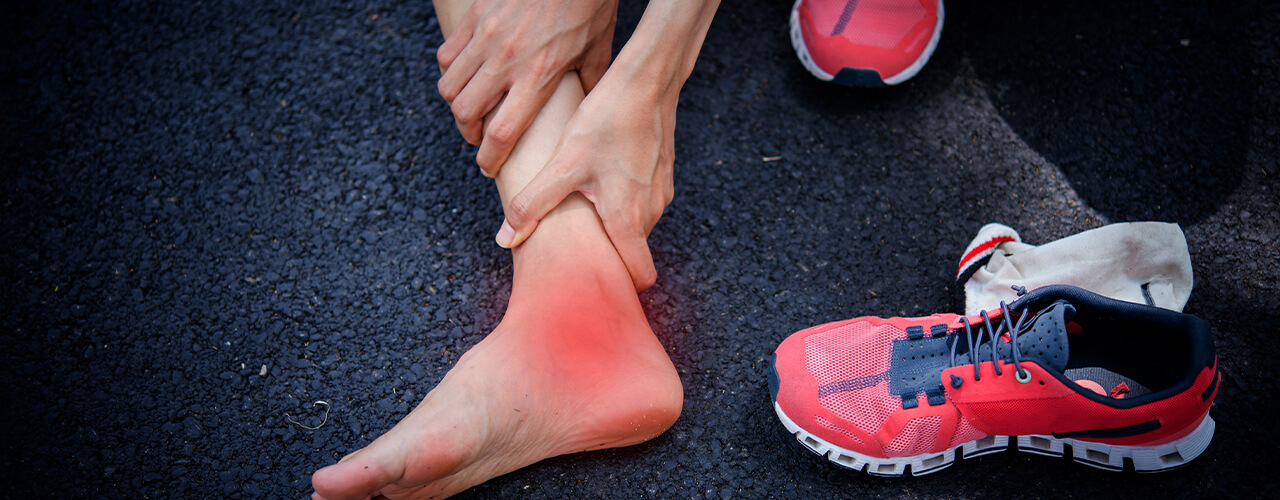ARE YOU prepared to return to sports after injury? Psychological Aspect!!! – Dr. Ujjwal Shakya, DPT, DMT, SCS

Injuries are part of the game/sports. Prevention and preparation are the key to avoid any injuries but injuries does happen. It is estimated about 50% of those participating in athletics will sustain an injury and 1 out of 6 will sustain an injury that will requires them to stop sports participation. Now not being able to play the sports you like, that will definitely have some psychological effect on the person: including loss of identity, purpose and self-esteem (unless you did not wanted to play anyway 😉 ). You may start to have depression and may effect life negatively.
Everybody gets injured at some point, but there are athletes who are “injury prone” and it is very unlikely that there is personality profile that is “injury prone” but studies suggest that athletes prone to injury tend to be those who has many life stressors, little social support, few coping skills, high anxiety, sensation-seeking, risk-taking, type A personalities, overly aggressive and setting unrealistic goals. While people who are dedicated and responsible tends to be those who develop more “overuse injuries”.
STRESS is very important as it is the number one factor in the psychological aspects of injuries as stress produces increased anxiety, decreased attention or focus, and increased muscular tension which put the person at greater risk for injury.
Lets look at the Psychological and emotional responses to injury:
Normal response: Isolation, frustration, mild appetite change, sadness, low motivation, minor sleep disturbances, anger, denial and anxiety.
WHILE
Not normal response: Withdrawal from everybody, rapid mood swings, rapid weight fluctuation, depression, apathy to recovery, insomnia, rage, obsessed with return to sport, exaggerated bragging.
When you are unable to play sports physically due to injury, it is very important to have a good support from family, friends, teammates and coaches. Many studies have suggested the effectiveness of imagery – “mental practice” has an actual impact on neurophysiological responses and increased circulation to the areas of the body that they are specifically concentrating on during imagery process. It is very important to work on the game in a different way, looking at videos, studying the game, watching practices, attending the meeting. So, you are still working and feel a part of it. Now, athletes must remember that there is a difference between returning to sports participation and return to athletic competition. You have to practice and work towards it progressively. After you are physically able to perform sports related activities, it is very important to understand the mental aspect of return to sports.
During my clinical practice, I see lot of athletes who are physically normal (post-rehabilitation) but still second guess themselves on certain movements, fear of injury and lack of confidence.
Here is the Psychological readiness to return to sport scale: Developed by DD Glazer, DPE, ATC.
Here are the instructions. Please rate your confidence to return to your sport on a scale from 0-100. Example: 0=no confidence at all, 50 = moderate confidence, 100= complete confidence.
- My overall confidence to play is __________
- My confidence to play without pain is ____________
- My confidence to give 100 % effort is __________
- My confidence to not concentrate on the injury is ___________
- My confidence in the injured body part to handle to demands of the situation is __
- My confidence in my skill level/ability is ____
Total ___. Add total and divide by 10= _____
If the scores are between 50-60 suggest that the athlete is psychologically ready to return to sports while scores below 50 suggest that the athlete may not be psychologically to return to sports and needs more time/help to recover.
If you are unable to return to sports especially due to psychological aspects of injury, please seek professional help, most likely sports psychologist.
Take Home Message: Injuries are part of the game/sports. Always surrounds yourself with group of supporting people (family, friends and teammates). You will need them as you recover from injury and during rehabilitation. They are the ones who will celebrate with you when you are successful and show support when you are not. Avoid negative stressors in your life as it is suggested to put you at greater risk of injury. For friends and family: the injured person may needs more help and support from you than you think – help, support and cheer the person during the rehabilitation process.
Reference: Freidhoff, G & Eiland G. “Psychological Contributions to Sports Injuries.

